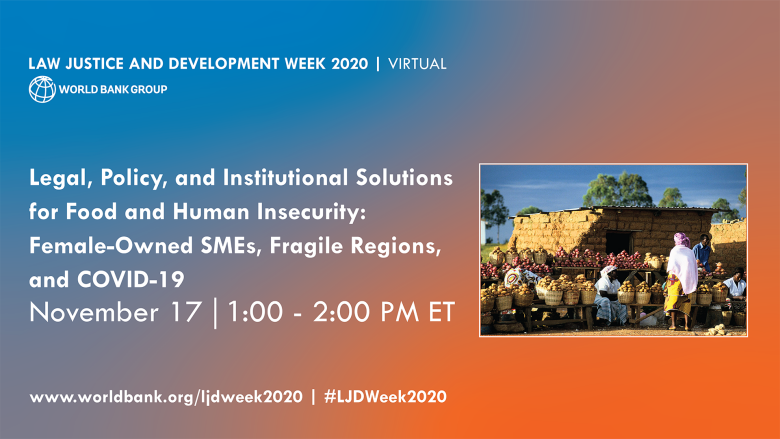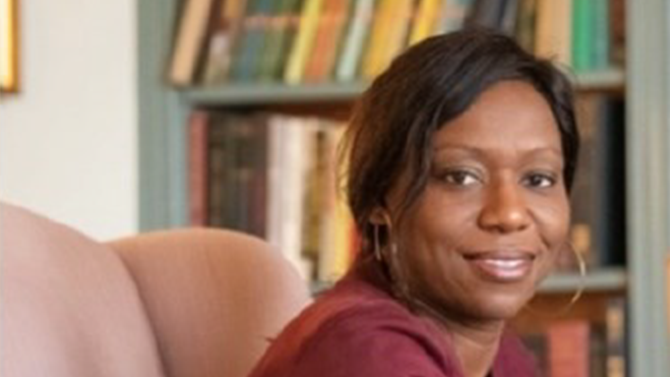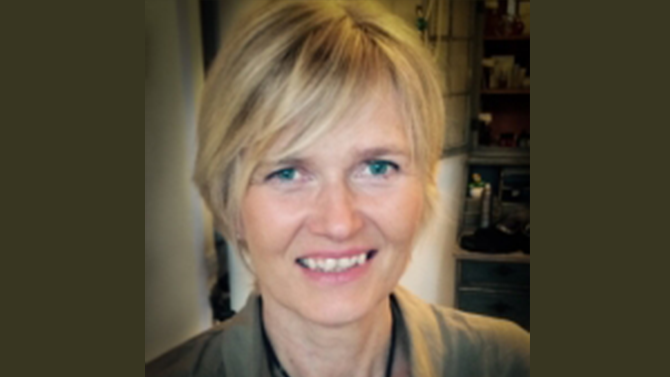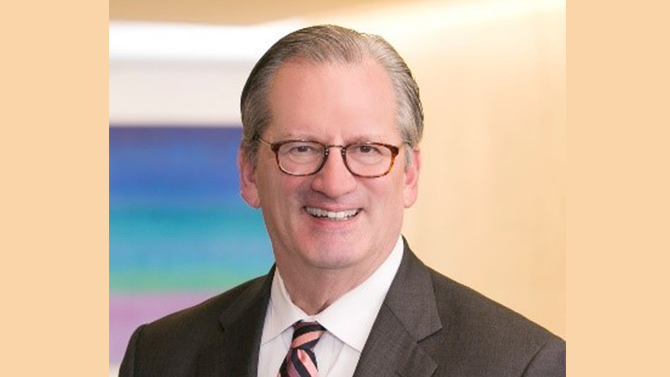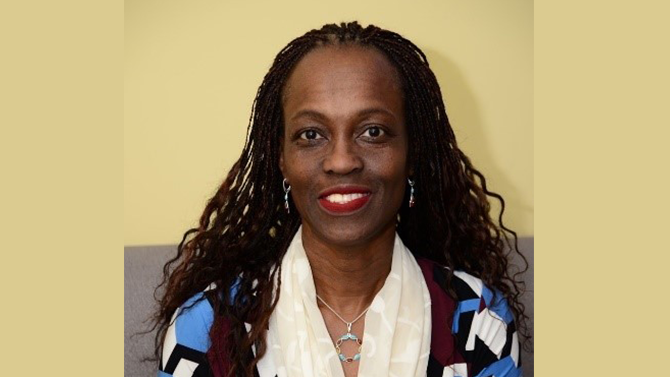Watch the replay on World Bank Africa Facebook.
Survivalist micro, small, and medium enterprises (SMEs) are the backbone of Africa’s economy, as they hire around 80 percent of the continent’s labor force. They, however, contribute less than 2 percent of GDP in most African nations, as more than 50 percent of them are in the informal sector and over half of them are in unproductive and fragile service sectors, including agri-business and food retail. Women comprise over 50 percent of SMEs in most African nations and their livelihoods as well as that of their children depend on the productivity of their businesses.
Lockdowns caused by COVID-19 have undermined female-owned SMEs’ already troubled productivity and security in both conflict and non-conflict regions of Africa. Particularly, women in IDP camps of the Lake Chad region face a heightened challenge of Boko Haram, climate change, as well as food, water, and human insecurities. Their continuously increasing fragility creates a heightened urgency to aid them by enhancing their productivity and economic viability. This session explores and proposes legal, policy, and institutional solutions to address food insecurity and lack of productivity of female-owned SMEs in the fragile Lake Chad basin and beyond.
